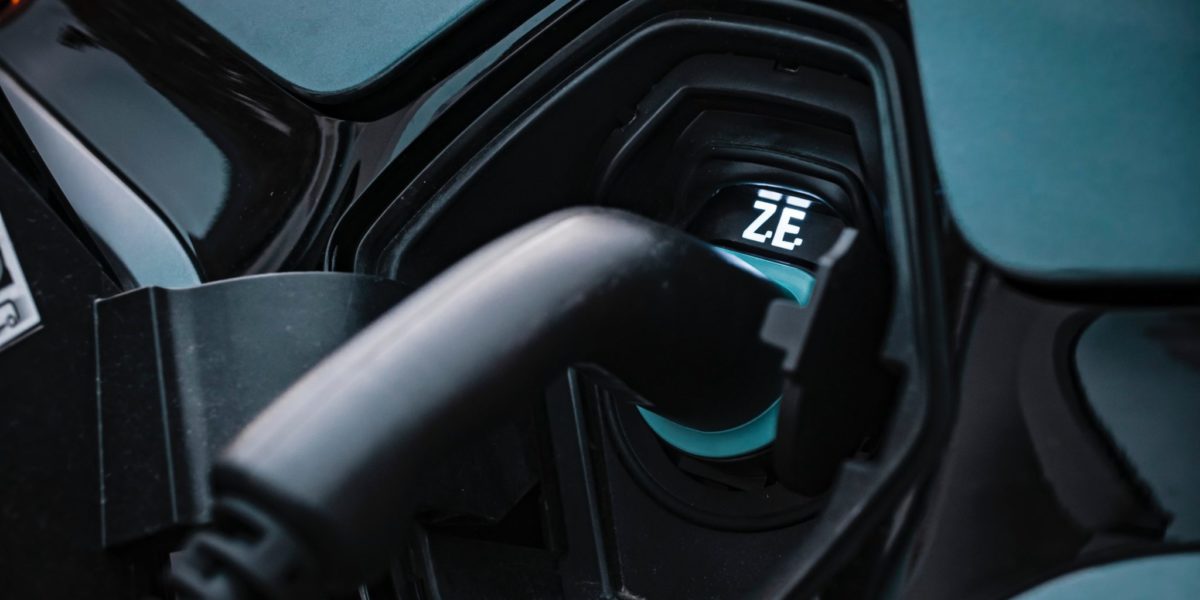Carmakers have been cutting electric vehicle (EV) prices in order to remain eligible for the plug-in car grant (PiCG).
The overnight cut to the grant scheme by the government was announced in April. Funding or buyers was reduced from £3,000 to £2,500, while lowering the overall price cap from £50,000 to no more than £35,000.
Short circuits
It means that a number of popular EV models are now not available under the government funded scheme. For example, the Tesla Model 3, with prices starting from £42,500, and the new Ford Mustang Mach-E, which is priced from £40,295.
However, there have been a host of announcements by other manufacturers reducing prices to come under the cap. Nissan, Vauxhall, Peugeot, BMW and Hyundai are a few of the big names. They all had electric cars priced just above the new £35,000 threshold, and have now reduced vehicle costs.
Ford said the Government decision to cut the grant was disappointing. “Robust incentives – for both purchase and usage – that are consistent over time are essential,” said a spokesman for Ford.
Shock results
Citroën was the first carmaker to react to the changes, cutting the cost of its e-C4 Shine Plus so all versions of the electric car remain eligible.
The e-C4 Shine plus previously had an on-the-road price of £35,545 but is now priced from £34,995.
Citroën UK managing director Eurig Druce said that “for this period of transition to be a success and for electrification targets to be met, both the industry and consumers need clearer longterm guidance and support on how we will get there”.
Price cut announcements by fellow brands Peugeot and Vauxhall quickly followed.
Peugeot revised pricing for all its e-2008 models and enhanced deposit contributions for the e-208 range in response. The manufacturer cut e208 list prices by £450, to ensure every Active Premium, Allure and Allure Premium derivative remains eligible.
Vauxhall, meanwhile, revised the pricing across the entire Mokka-e range and the Vivaro-e Life.
Current demand
The biggest reduction has come from BMW. It has slashed the pricing of its i3 electric car to ensure customers can still take advantage of the grant. The base i3 is now priced from £33,805 (before the grant), a reduction of £5,880.
Sportier i3s models have been cut even further, with prices starting at £34,805 before incentives – a saving of almost £7,500.
With some models falling outside of the new threshold, Nissan has decided to cut prices for the 40kWh and 62kWh versions of the Leaf.
Its 40kWh models have been reduced by up to £1,350, with pricing now starting from £28,495 . Meanwhile, the 62kWh Tekna and Connects variants are seeing prices cut by up to £2,765.
Hyundai has also followed suit, reducing the prices for certain Kona Electric (from £34,995) and Ioniq Electric models (from £31,745).
Ashley Andrew, managing director of Hyundai Motor UK, said: “When it comes to electric vehicles, cost is a big consideration. It was important for us, in light of the changes to the PiCG, to provide our customers with some additional savings which, we hope, will help to maintain demand for zero-emission vehicles.”





